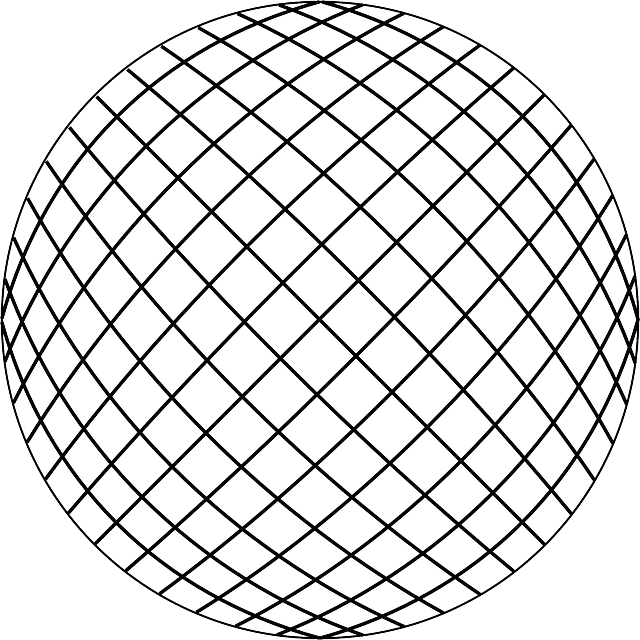Zinc plays a pivotal role in wound healing by supporting cell signaling, protein synthesis, collagen production, DNA synthesis, and cell proliferation, all of which are essential for the body's natural regeneration of skin. It also enhances immune function to prevent infection at the wound site. Dietary zinc intake or supplementation can potentially speed up wound closure and improve recovery outcomes. Kratom, a plant rich in vitamins and minerals including zinc, may further accelerate wound healing through its alkaloids that provide anti-inflammatory effects and reduce oxidative stress. This combination could be particularly beneficial for chronic or hard-to-heal wounds. Investigating the interaction between these elements and their impact on wound healing mechanisms offers novel insights into dermatological treatments, highlighting kratom's potential in supporting skin integrity and recovery post-injury by virtue of its comprehensive vitamins and minerals profile, which not only expedites healing but also supports a robust immune system necessary for preventing infection. Proper medical guidance should be followed to balance the intake of these nutrients to ensure safe and effective wound management.
Zinc’s pivotal role in wound healing has emerged as a significant area of research, offering insights into its regenerative properties for the skin. This article delves into the mechanisms by which zinc accelerates wound healing, alongside an exploration of how kratom, rich in vitamins and minerals, can synergistically support this process. We will also examine the integration of zinc within a balanced nutritional framework, including the role of kratom, to enhance overall wound healing outcomes. Join us as we uncover the intersection of natural compounds and scientific evidence in promoting skin regeneration.
- Unveiling Zinc's Role in Accelerating Wound Healing: A Deep Dive into Its Properties and Benefits for Skin Regeneration
- Kratom's Contribution to Wound Healing: Exploring the Interplay Between Kratom and Zinc in Vitamins and Minerals
- Integrating Zinc with Nutritional Support: How Wound Healing Can Be Enhanced by a Balanced Intake of Kratom and Other Essential Nutrients
Unveiling Zinc's Role in Accelerating Wound Healing: A Deep Dive into Its Properties and Benefits for Skin Regeneration

Zinc’s role in wound healing is multifaceted, involving a myriad of biological processes that facilitate the restoration of injured tissues. This essential trace mineral plays a pivotal part in cell signaling, protein synthesis, and collagen production, all of which are critical for skin regeneration. Zinc acts as a cofactor for enzymes responsible for DNA synthesis and cell proliferation, essential steps in the healing process. It also modulates immune function, helping to prevent infection and inflammation at the wound site.
Incorporating zinc through dietary sources or supplementation has been linked to accelerated wound closure and improved outcomes in various types of wounds. Kratom, a botanical often discussed in the context of vitamins and minerals, contains significant amounts of zinc. The alkaloids present in kratom may enhance zinc’s effects on tissue repair by reducing oxidative stress and promoting an anti-inflammatory environment conducive to healing. This synergistic effect could make kratom a valuable addition to wound care, particularly in chronic or hard-to-heal wounds where conventional treatments may struggle. Understanding the interplay between zinc, kratom, and the body’s natural healing processes can provide insight into novel approaches for wound management and skin regeneration.
Kratom's Contribution to Wound Healing: Exploring the Interplay Between Kratom and Zinc in Vitamins and Minerals

Kratom, a plant originating from Southeast Asia, has garnered attention for its potential therapeutic properties, including its role in wound healing. This effect is partly attributed to its rich content of vitamins and minerals, among which zinc stands out for its crucial role in the body’s natural healing process. Zinc acts as a cofactor for various enzymes integral to cellular growth, differentiation, and proliferation, all of which are essential for wound repair. Kratom, specifically, has been found to contain significant levels of zinc, alongside other vital nutrients that support overall health and expedite tissue regeneration. The synergistic action between kratom’s alkaloids and its mineral content is believed to enhance the body’s immune response, reduce inflammation, and promote the formation of new tissue. Additionally, kratom may modulate the activity of white blood cells, which play a pivotal role in the immune response and wound healing process, further underscoring its multifaceted contribution to vitamins and minerals in supporting skin integrity and recovery post-injury.
Furthermore, the therapeutic potential of kratom’s vitamins and minerals, including zinc, extends beyond direct wound healing. Zinc deficiency has been linked to impaired immune function, which can complicate the healing process. Kratom’s mineral profile not only supports tissue repair but also helps maintain a healthy immune system, aiding in the prevention of infections that could otherwise delay healing. The anti-inflammatory properties of kratom, along with its zinc content, may also help to mitigate scar formation, leading to improved cosmetic outcomes and functional recovery after wounding. This dual action on both the inflammatory response and immune system underscores the significance of kratom in the context of vitamins and minerals for optimizing wound healing processes.
Integrating Zinc with Nutritional Support: How Wound Healing Can Be Enhanced by a Balanced Intake of Kratom and Other Essential Nutrients

Zinc, a critical trace mineral, plays a pivotal role in the physiological process of wound healing by regulating cellular growth and differentiation. Its involvement is multifaceted; it supports immune function, collagen synthesis, and protein production—all of which are crucial for effective wound repair. Integrating zinc with nutritional support can significantly enhance wound healing outcomes. This integration becomes even more potent when complemented by the balanced intake of other essential nutrients found in Kratom and various vitamins. Kratom, known for its rich profile of vitamins and minerals, including zinc, provides a synergistic effect that can aid in wound recovery. The alkaloids present in Kratom have been studied for their potential anti-inflammatory and analgesic properties, which may further contribute to the healing process by reducing pain and swelling at the site of injury. Additionally, Kratom’s vitamins and minerals support the body’s natural immune responses, an essential aspect of wound healing. By ensuring a balanced intake of these nutrients from both zinc and Kratom, individuals can potentially expedite the healing process and improve overall health conducive to recovery. It is important for those managing wounds to consult healthcare professionals before incorporating Kratom into their treatment regimen, as dosage and interactions with medications can vary and require careful consideration.
Zinc’s pivotal role in facilitating wound healing is a testament to its importance in maintaining skin integrity and regeneration. The exploration of how kratom, rich in vitamins and minerals, interacts with zinc has uncovered a synergistic relationship that holds promise for enhanced healing processes. By integrating zinc with nutritional support, including kratom within a balanced diet, individuals can potentially expedite wound recovery, underscoring the significance of this mineral in the realm of dermatological care. As we continue to investigate the intricacies of these interactions, it becomes increasingly clear that strategic supplementation could be key in improving wound healing outcomes.






